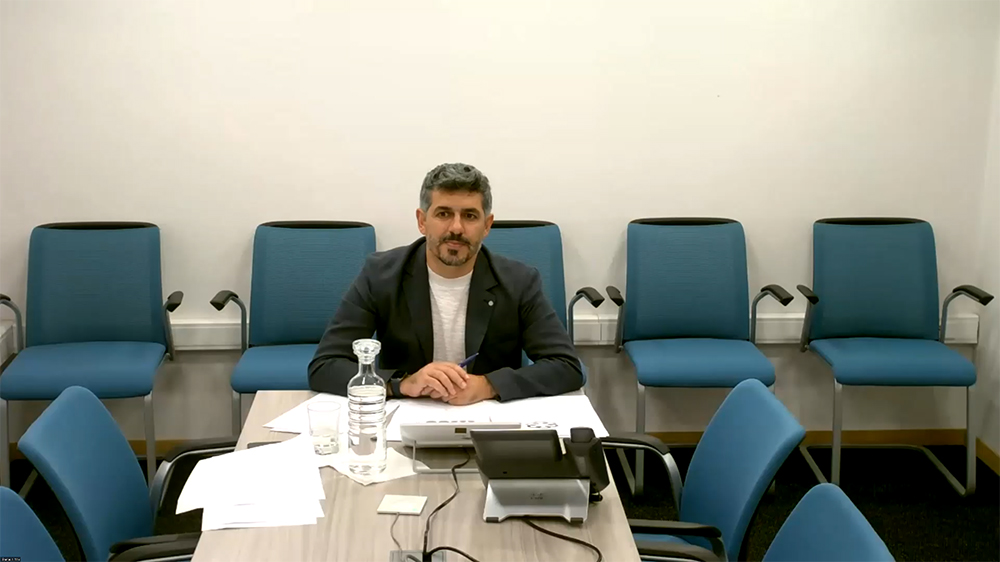Public Sector Accounting (PSA) is a key enabler for good governance and economic growth. Financial information is of critical importance for both accountability and decision-making purposes, in particular when it comes to investment in public infrastructure. According to the International Monetary Fund, governments, which use high quality accrual basis accounting information, are economically more successful than those merely considering budget execution.
Not surprisingly, the number of countries implementing accrual accounting in general and using the International Public Sector Accounting Standards (IPSAS) as the principal reference, has increased significantly over the last decade. Since PULSAR beneficiary countries are no exception to the global PSA trends, this book shows that a clear majority of PULSAR countries are in a transition process from cash to accrual accounting. Within this process, IPSAS play a crucial role, which is diverse and ranges from adopting IPSAS directly as national standards, to adopting them indirectly by considering them mainly as a reference for the development of national general accounting principles.
This book, prepared by PULSAR and Zurich University of Applied Sciences (ZHAW) teams, aims to share the individual stories by 12 out of 13 PULSAR countries themselves in a harmonized manner and discuss the relevance of the continuation of PSA reforms across PULSAR communities given their positive impacts in general on transparency and accountability of the countries.
The main objectives of this webinar were: (i) present the key findings of the book; (ii) discuss the current status of PSA reforms implementation in PULSAR countries; and (iii) share main challenges and lessons learned of the PSA reform implementation in PULSAR countries.










![Embedded thumbnail for Public Sector Accounting Reform Status in Pulsar Countries [EN]](/sites/default/files/youtube/MkKf3VA_2m0.jpg)
![Embedded thumbnail for Public Sector Accounting Reform Status in Pulsar Countries [BCS]](/sites/default/files/youtube/OizDvvnibqQ.jpg)
![Embedded thumbnail for Public Sector Accounting Reform Status in Pulsar Countries [RU]](/sites/default/files/youtube/B62oI6K_3Tk.jpg)
![Embedded thumbnail for Public Sector Accounting Reform Status in Pulsar Countries [AL]](/sites/default/files/youtube/PQdnF5amgto.jpg)
![Embedded thumbnail for Public Sector Accounting Reform Status in Pulsar Countries [SP]](/sites/default/files/youtube/2Lz6J_eOseA.jpg)